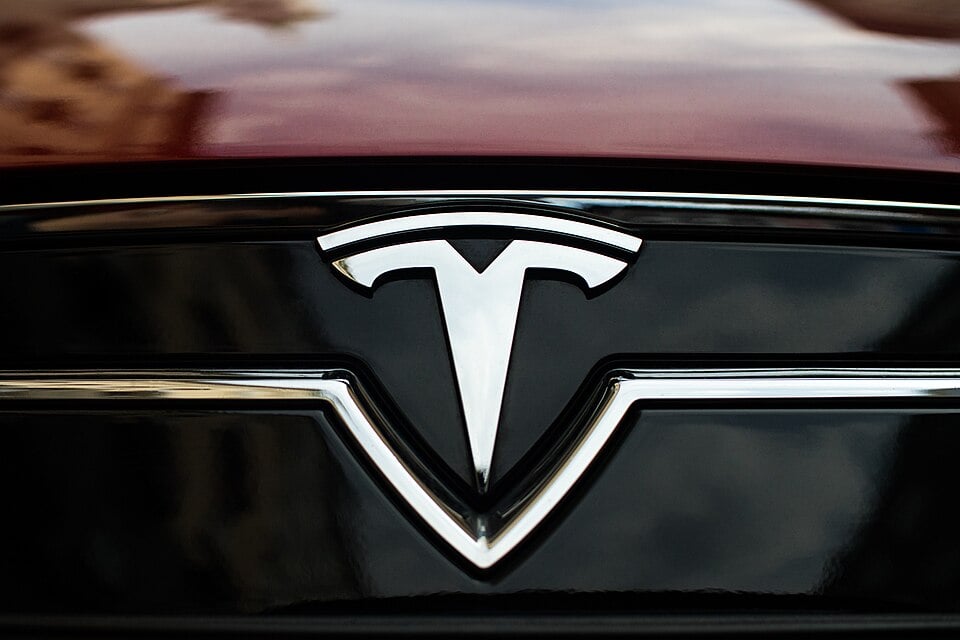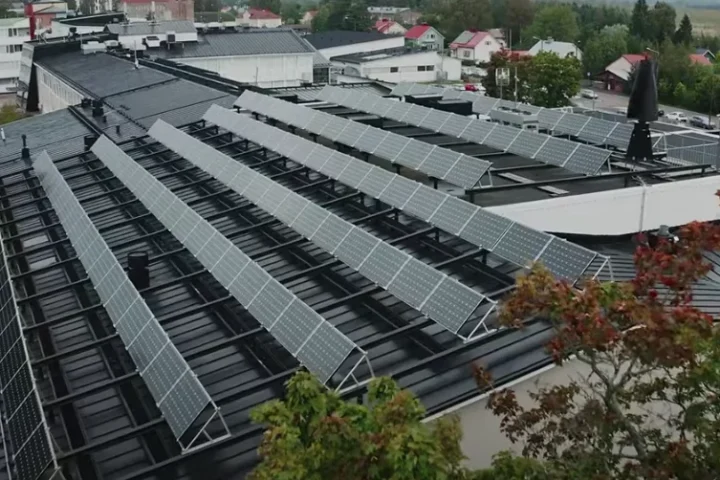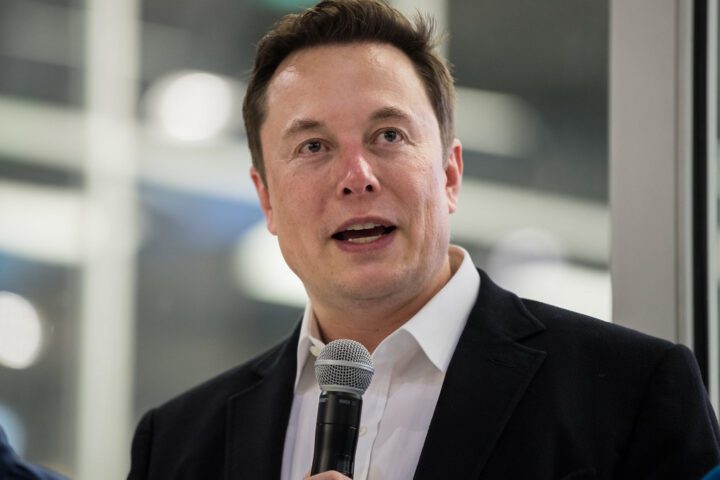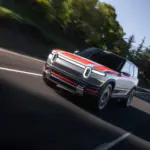Tesla has rolled out a paid software upgrade for owners of the refreshed Model Y Long Range All-Wheel Drive that cuts the 0-60 mph time from 4.6 seconds to 4.2 seconds.
The “Acceleration Boost” costs $2,000 in the United States (C$2,700 in Canada) and adds approximately 100 horsepower through software optimization. This positions the upgraded Long Range Model Y between the standard version and the yet-to-be-released Performance variant.
What Buyers Get
The upgrade is entirely software-based, requiring no hardware modifications or service center visits. Owners can purchase it through the Tesla mobile app (under Upgrades > Software Upgrades) or through the vehicle’s touchscreen (Controls > Upgrades).
Installation happens via Wi-Fi in minutes, during which the vehicle is temporarily not drivable. Tesla also offers a 48-hour refund window for dissatisfied customers.
Market Position
Matthew Donegan-Ryan, a Tesla owner-investor, called the Acceleration Boost “probably the best value in automotive performance on the market.”
The upgrade demonstrates Tesla’s software-first approach to vehicle enhancements. While traditional performance upgrades typically require physical modifications, Tesla simply unlocks capabilities already built into the vehicle’s hardware.
Owner Reactions
Tesla owners report noticeable improvements in acceleration, particularly in the 20-50 mph range where highway merging and overtaking happen. The upgrade brings the Long Range Model Y closer to the Performance model’s capabilities without requiring the higher initial purchase price.
Availability and Limitations
Currently available in the United States and Canada, the Acceleration Boost is expected to roll out globally soon. Only dual-motor variants qualify—the single-motor Rear-Wheel Drive version sold in Europe and Asia-Pacific isn’t eligible.
Owners of the Launch Edition Model Y already have this capability included by default.
Missing Information
What remains unclear is how the Acceleration Boost affects range and long-term vehicle durability. While older Tesla models had about a 5% range loss due to the additional always-available acceleration and cooling requirements, Tesla hasn’t noted any reduced range with this upgrade for the refreshed Model Y.
Also unclear is whether insurance companies consider this upgrade when calculating premiums for modified vehicles.
The Software-Defined Car
This upgrade exemplifies how electric vehicles differ fundamentally from traditional cars. Features once determined by physical components can now be modified through software, creating new revenue streams for manufacturers and flexibility for consumers.
For $2,000, Model Y owners get performance that would cost substantially more to achieve through traditional modifications—if such modifications were even possible in a conventional vehicle.
As Tesla continues pushing this software-defined vehicle approach, the question becomes: What other capabilities are dormant in today’s EVs, waiting to be unlocked with a credit card and a Wi-Fi connection?



















